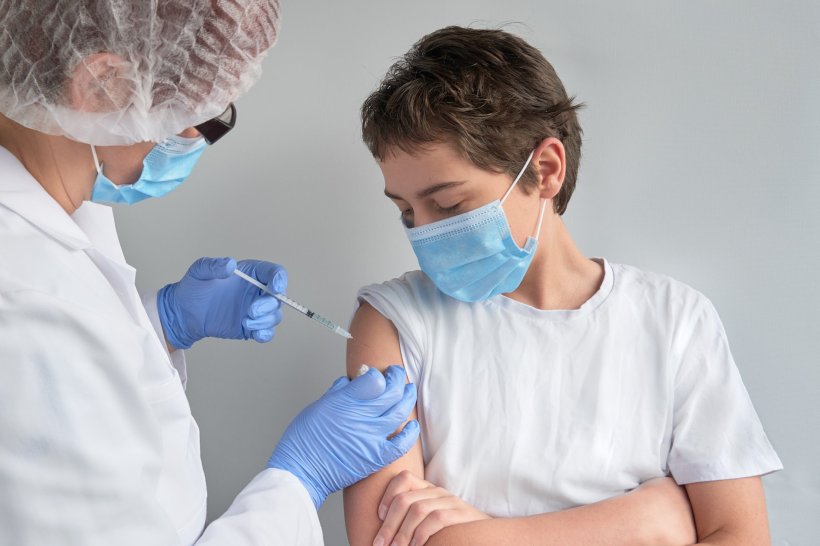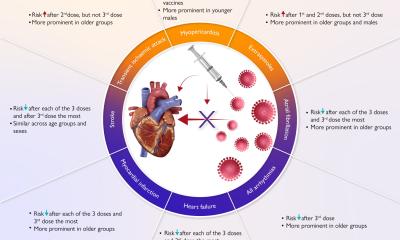
Image source: Adobe Stock/tilialucida
News • SARS-Cov-2 case study
Does time of day matter for Covid-19 vaccination? Probably not, study finds
A study in Japan finds antibody response to the Moderna Covid-19 mRNA vaccine does not vary depending on the time of day when the dose was received.
Many physiological and behavioral functions including the immune system exhibit circadian rhythms. Several studies have investigated if the immune response to Covid-19 vaccines varies depending on the time of day when the dose was received, but results were dependent on type of vaccine, participants’ age and sex. Now, a study conducted by scientists at Hokkaido University and colleagues in Japan has found no association between antibody response to Covid-19 vaccine and time of day of vaccination. They do add to the body of literature that could ultimately guide vaccination optimization. The findings were published in the Journal of Biological Rhythms.

Image source: hokkaido University; photo: Yujiro Yamanaka
The researchers recruited their study participants from Hokkaido University employees and students who received their first dose of the mRNA-1273 (Moderna) vaccine two to four weeks earlier. Those who had been previously infected with Covid-19 were excluded. The study group did not include shift workers, a crucial difference between this and some previous studies on healthcare workers. The team collected demographic data on the final group of 332 Japanese participants and took blood samples to measure antibody titers against SARS-CoV-2. They then conducted statistical analyses to find out if there were associations between the time of day when the participants received their vaccine dose, any of the demographic characteristics, and the immune response.
“Our analyses revealed no significant association between the time of day of vaccination and the SARS-CoV-2 antibody concentration, but we did find that antibody titers decreased in participants aged 50 to 64, which is consistent with previous studies,” says Hokkaido University physiologist Dr. Yujiro Yamanaka, who specializes in studying chronobiology.
Conflicting results between studies could be explained by various factors, including differences in sex, age, physical activity, and natural immune system, the type of vaccine received, number of days after vaccination, and differences in vaccine dose. Scientists also need to more fully understand whether other factors like race play a role. “The limitations reduce our ability to conclusively rule out the possibility that circadian rhythms influence antibody response to vaccination,” says Yamanaka. “Larger randomized studies are needed to more conclusively guide vaccination strategies regarding a time-of-day variable.”
Source: Hokkaido University
16.10.2022











